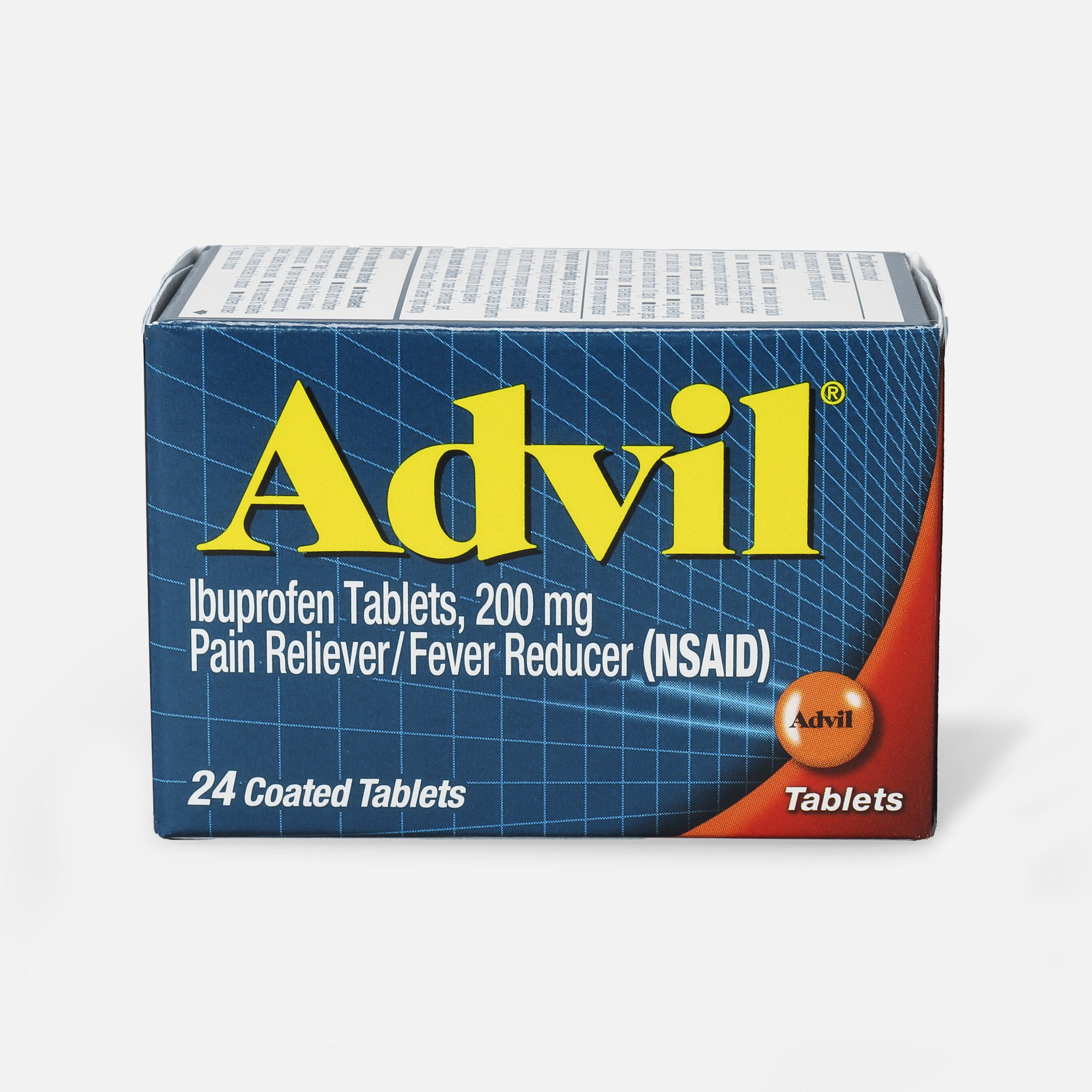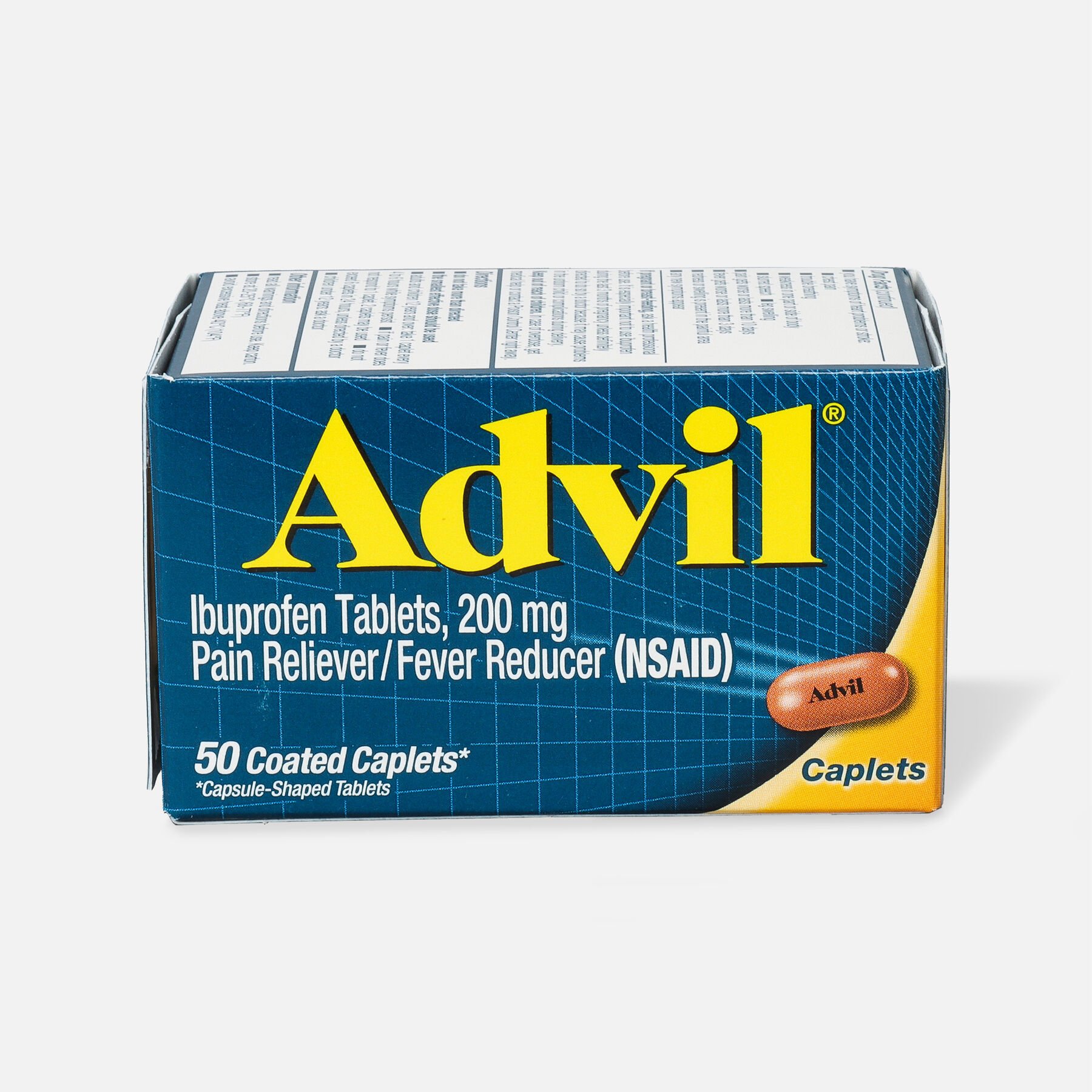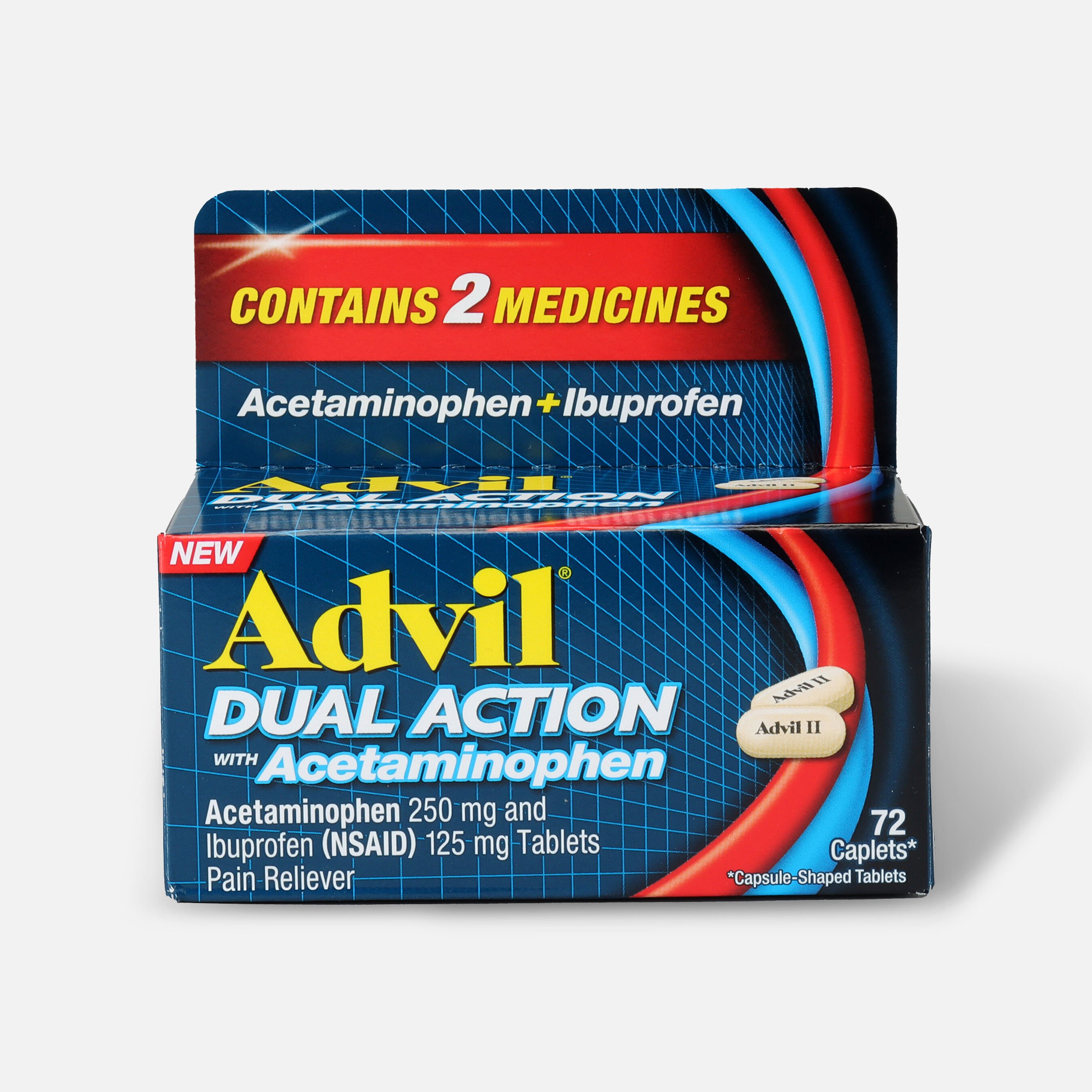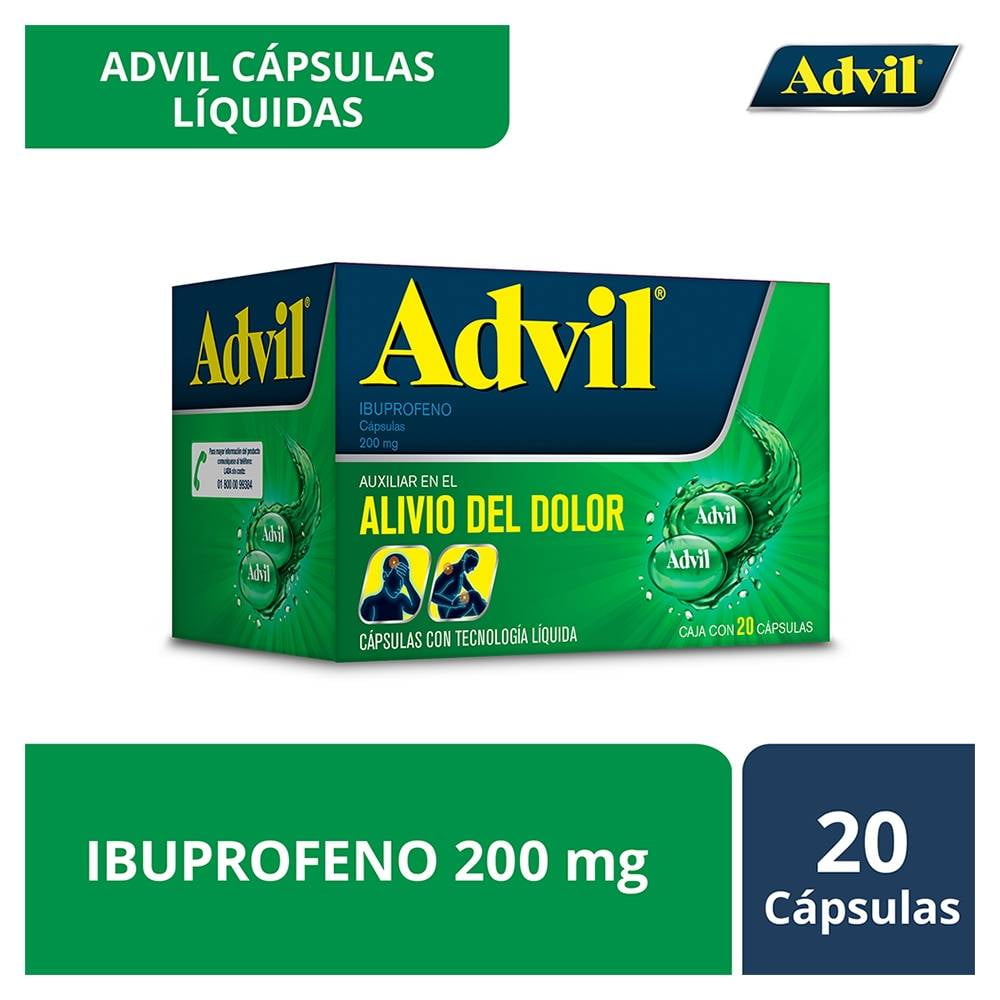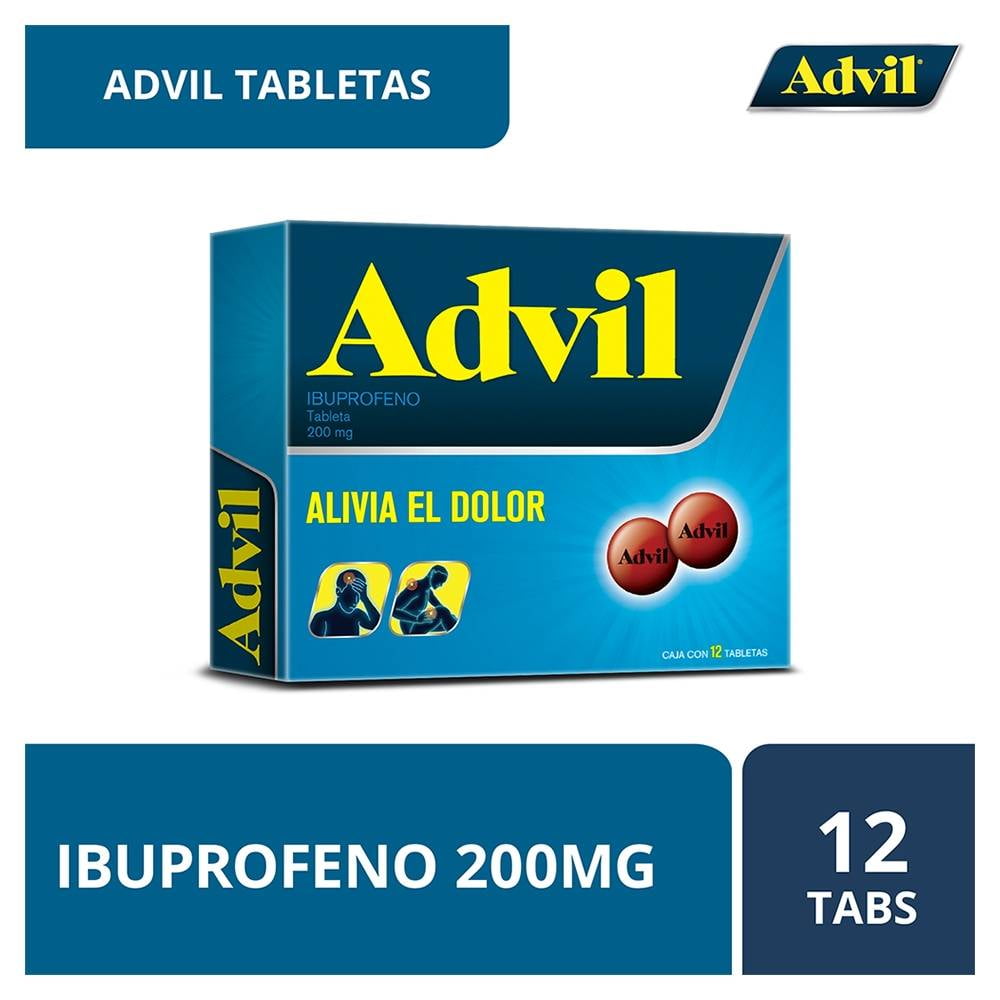How Much Diphenhydramine Is In Advil Pm

Millions reach for Advil PM seeking a restful night after a long day, often without fully understanding the drug cocktail they’re ingesting. While ibuprofen targets pain, the sleep-inducing effect comes from another ingredient: diphenhydramine. But just how much diphenhydramine is in each dose, and what are the potential implications for users?
This question is crucial for consumers to understand the effects, risks, and potential interactions associated with over-the-counter (OTC) sleep aids. Knowing the precise dosage allows individuals to make informed decisions, especially considering the potential for daytime drowsiness and the risks of long-term use. This article will delve into the exact quantity of diphenhydramine in Advil PM, its effects, and the broader implications for consumers.
The Diphenhydramine Dosage in Advil PM
According to the official product information from Advil's manufacturer, each Advil PM caplet contains 38 mg of diphenhydramine citrate. This is equivalent to approximately 25 mg of diphenhydramine hydrochloride, the active antihistamine that causes drowsiness.
The standard adult dosage of Advil PM is two caplets, meaning a user typically ingests 76 mg of diphenhydramine citrate (equivalent to 50 mg of diphenhydramine hydrochloride). This is a relatively standard dose for OTC sleep aids containing diphenhydramine.
How Diphenhydramine Works
Diphenhydramine is an antihistamine that works by blocking histamine receptors in the brain. Histamine is a neurotransmitter involved in wakefulness and alertness, so blocking its action leads to drowsiness. Diphenhydramine also has anticholinergic effects, which can cause side effects like dry mouth, blurred vision, and constipation.
While effective for inducing sleep, diphenhydramine is not intended for long-term use. Extended use can lead to tolerance, where the drug becomes less effective, and dependence, where the body relies on it for sleep.
Potential Side Effects and Risks
Beyond drowsiness, diphenhydramine can cause a range of side effects. These include dizziness, confusion, urinary retention, and increased heart rate. Older adults are particularly susceptible to these anticholinergic side effects.
Furthermore, diphenhydramine can interact with other medications, including antidepressants, sedatives, and other antihistamines. Individuals taking other medications should consult a healthcare professional before using Advil PM.
The FDA advises against using diphenhydramine-containing products, including Advil PM, for children under the age of 12. Paradoxical reactions, such as hyperactivity and agitation, can occur in some individuals, particularly children.
Comparison to Other Sleep Aids
Many other OTC sleep aids also utilize diphenhydramine. Some examples are Benadryl (pure diphenhydramine) and generic equivalents, typically containing 25-50mg per dose. Unisom SleepGels contain diphenhydramine as the active ingredient.
Other sleep aids use different active ingredients, such as doxylamine succinate (found in Unisom SleepTabs) or melatonin. Melatonin is a hormone that regulates sleep and is considered a gentler alternative for some individuals.
Expert Opinions and Recommendations
Healthcare professionals often caution against relying on OTC sleep aids like Advil PM for chronic insomnia. Dr. Emily Carter, a sleep specialist, explains, “While occasional use of diphenhydramine can be helpful, it's crucial to address the underlying causes of sleep problems rather than masking them with medication."
The American Academy of Sleep Medicine recommends behavioral therapies, such as cognitive behavioral therapy for insomnia (CBT-I), as the first-line treatment for chronic sleep disorders. These therapies address the root causes of insomnia and promote long-term sleep improvements.
Informed Consumer Choices
Understanding the amount of diphenhydramine in Advil PM empowers consumers to make informed decisions. If sleep problems persist, seeking guidance from a healthcare provider is crucial.
It is equally essential to explore alternative strategies to promote healthy sleep, such as establishing a regular sleep schedule, creating a relaxing bedtime routine, and avoiding caffeine and alcohol before bed. By taking a holistic approach to sleep health, individuals can minimize their reliance on medication and improve their overall well-being.
The future likely holds more personalized approaches to sleep medicine, tailoring treatments to individual needs and addressing underlying causes. Increased awareness of the potential risks and benefits of OTC sleep aids, like Advil PM, will contribute to safer and more effective sleep management.
